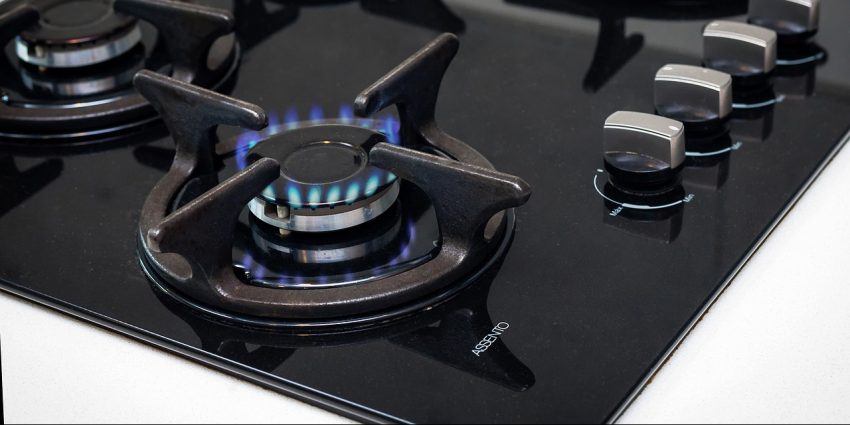On April 17, the Ninth Circuit Court of Appeals overturned the ban by Berkeley, California, on using natural gas in new construction. The court decided that the 1975 federal Energy and Conservation Act Law (EPCA) preempts local regulation of natural gas, Jonathan Adler in the Volokh Conspiracy said. Adler quoted the leading judge’s opinion:
“By its plain text and structure, EPCA’s preemption provision encompasses building codes that regulate natural gas use by covered products.”
But activists are already figuring out ways to get around that law. Ysabelle Kempe reports in Smart Cities Dive:
-
- First, the ruling only “applies in the Ninth Circuit — which comprises Alaska, Arizona, California, Hawaii, Idaho, Montana, Nevada, Oregon, Washington, Guam and the Northern Mariana Islands.” According to Amy Turner, senior fellow at the Sabin Center for Climate Change Law at Columbia Law School, “Outside of the Ninth Circuit, local governments can use their ‘police powers,’ as Berkeley did, to prohibit gas piping in new buildings as a matter of health and safety.”
- “In states where cities and towns have authority over building codes, they can require or incentivize all-electric construction, since the federal Energy Policy and Conservation Act contains a statutory exemption preventing it from preempting state and local building codes, Turner said.”
- “New building electrification can also result from local governments setting air emissions standards that prohibit combustion of substances with high carbon emissions, according to Turner’s blog post, although only New York City has taken this approach to date.”
- “As long as state law allows them to, local governments can also phase out gas through zoning regulations or renegotiation of franchise agreements with utilities if they were to ‘decide not to allow new pipes in its public rights-of-way,’ [Carra Sahler, staff attorney at Lewis & Clark Law School’s Green Energy Institute]” said.
Gas stove image by Fernando Arcos for Pixabay.

